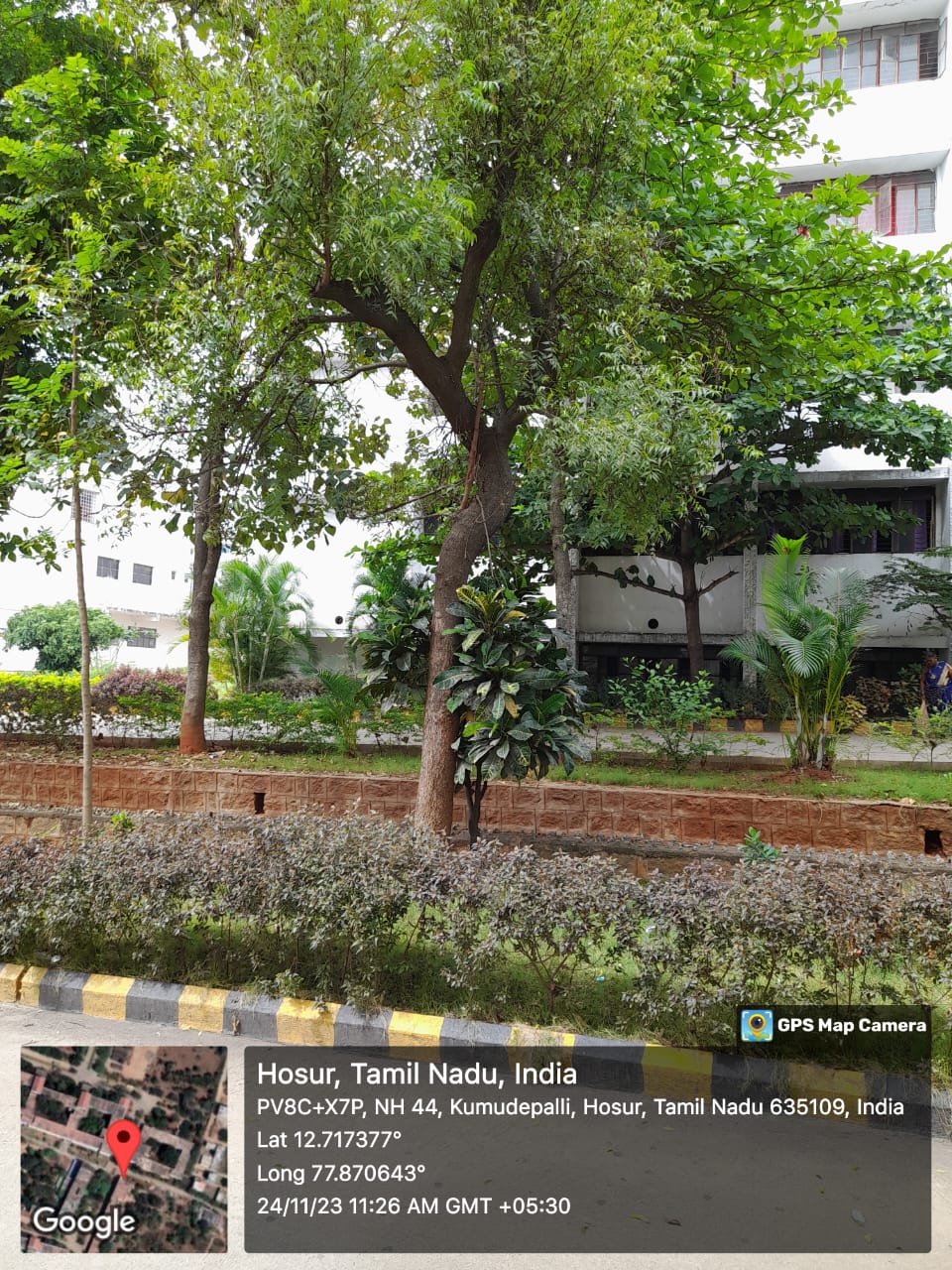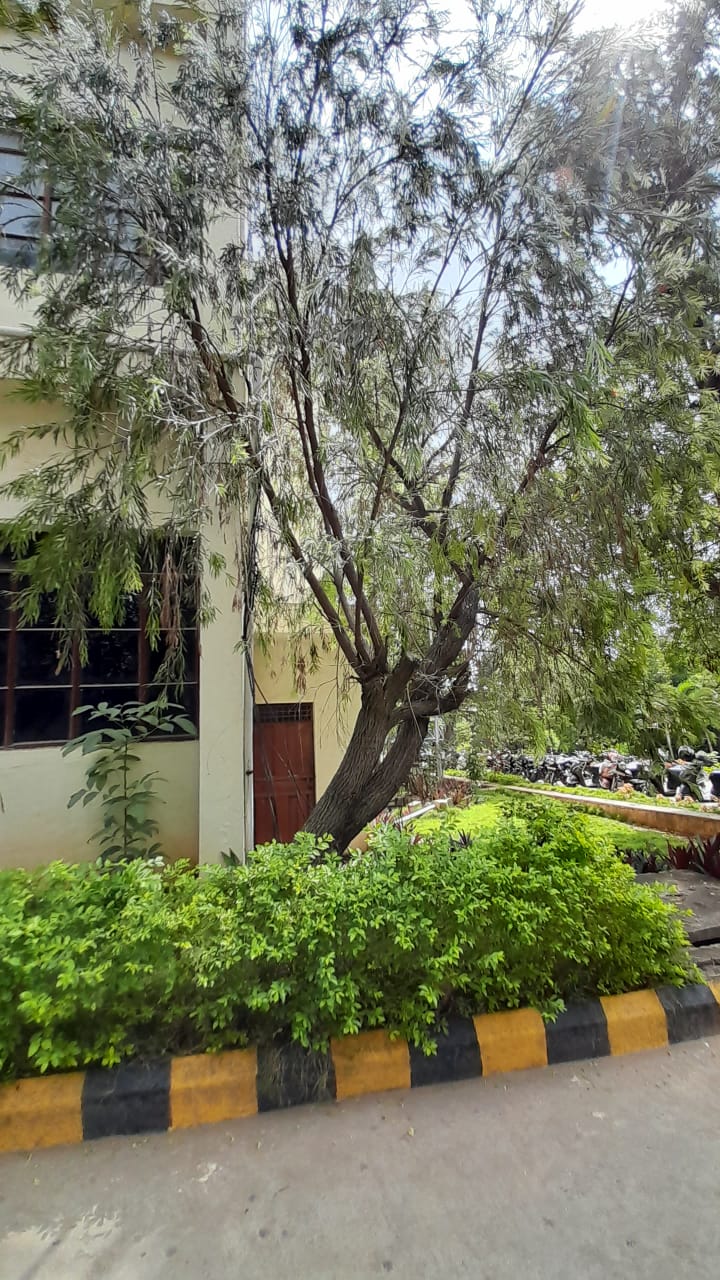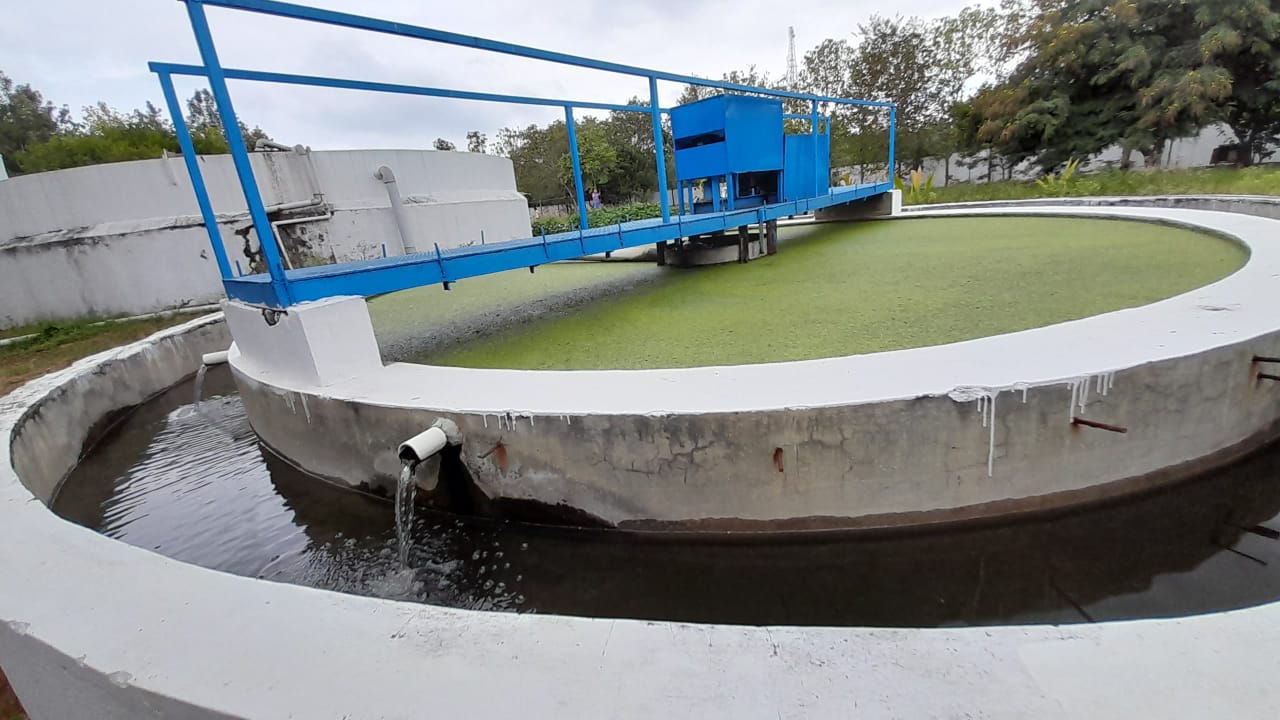Green Campus
A Green campus refers to an organization’s effort to create an eco-friendly environment by minimizing energy and water usage, reducing CO2 emissions, and curbing pollution. A green audit assesses the effectiveness of these environmental management practices, promoting sustainability through education and eco-friendly technology.
It raises awareness about environmental ethics, addresses environmental concerns, and offers solutions to societal needs. By emphasizing concepts like “Green Building” and “Oxygenated Building,” a green campus aims to provide a healthy atmosphere for everyone involved.

Green AUDIT
YEARS of Expertise
the general consensus is to maintain CO2 levels below 1,000 ppm for optimal air quality
Aims and Objectives:
The objectives of the Green Audit include recognizing initiatives for establishing green campuses, assessing the environmental nature of the campus, promoting oxygen-releasing and carbon dioxide-absorbing plants, providing baseline information for risk assessment, ensuring proper resource utilization, and setting norms for waste disposal.

Facilities for Sustainability
The college has invested in infrastructure and facilities that promote sustainability and inclusivity. This includes the provision of amenities such as ramp walks, lifts, and accessible toilets for disabled individuals and different age groups, ensuring that the campus is welcoming and accessible to all
The college has actively cultivated a diverse range of vegetation within its campus, including trees, herbs, shrubs, climbers, and lawns. This extensive greenery serves to reduce environmental pollution, prevent soil erosion, and promote biodiversity conservation
Awareness and Training Programs
The college conducts regular training and awareness programs to educate stakeholders about sustainable development practices. These initiatives aim to foster a culture of environmental responsibility among students, faculty, and staff, encouraging active participation in green initiatives.

Landscape Design and Soil Conservation
The college has implemented effective landscape designs and soil erosion control measures to maintain the natural topography of the campus. Techniques such as contour plowing and the maintenance of ridges and furrows help to prevent soil erosion and preserve the integrity of the campus environment.
Energy Audit
An energy audit is conducted to assess and analyze energy consumption patterns, identify areas of inefficiency, and propose solutions for reducing energy usage and costs. By examining equipment, processes, and facilities, energy audits help organizations optimize energy utilization, lower utility bills, and reduce their environmental footprint. Additionally, energy audits promote sustainability initiatives, enhance operational efficiency, and ensure compliance with energy regulations and standards. Ultimately, the goal of an energy audit is to improve energy performance, increase cost savings, and contribute to environmental conservation efforts while promoting a culture of energy efficiency and responsibility.

Energy Audit Outcomes
The energy audit conducted in the college yielded several significant outcomes that contributed to enhancing energy efficiency, sustainability, and overall environmental stewardship within the campus. Firstly, the audit identified areas of energy wastage and inefficiency, allowing for targeted interventions to optimize energy consumption. By implementing recommendations such as replacing conventional lighting with energy-efficient LED fixtures, upgrading HVAC systems, and integrating renewable energy sources like solar panels, the college significantly reduced its energy consumption and associated carbon emissions.
Moreover, the audit facilitated the implementation of energy-saving practices and policies across various departments and facilities, fostering a culture of sustainability among students, faculty, and staff. Through awareness campaigns, training programs, and the promotion of energy conservation behaviors, the college community became actively engaged in reducing energy usage and adopting eco-friendly practices.
Additionally, the energy audit led to cost savings and financial benefits for the college by lowering utility bills, minimizing maintenance expenses, and optimizing resource utilization. These cost savings allowed for reinvestment in further sustainability initiatives and educational programs focused on environmental responsibility.
